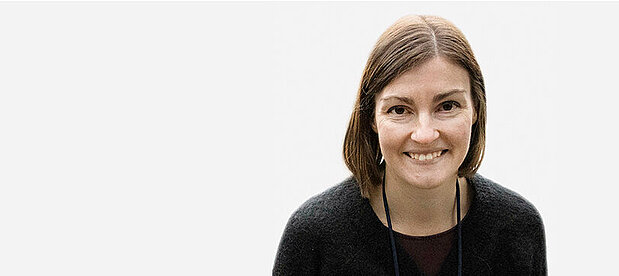The EU research project ZeroPM (Zero pollution of persistent, mobile substances), TZW and Stadtwerke Rastatt invited interested stakeholders to a "Special Symposium on PFAS elimination from Drinking Water" on the 12th and 13th June 2024 in Rastatt and Karlsruhe. More than 100 international participants accepted the invitation and learnt about current state of the science related to how PFAS can be removed from drinking water.
Dr Josef Klinger, CEO at TZW: German Water Centre and Olaf Kaspryk, CEO at Stadtwerke Rastatt welcomed the participants and explained how the group of chemicals, per- and polyfluorinated alkyl substances (PFAS) has attracted much public, scientific and political attention. The PFAS group comprises more than 10,000 substances, depending on the definition used, that are used in many products and processes. PFAS are water and oil repellent as well as being very stable. Due to their high persistence, they are also referred to as "forever chemicals". In Germany, the amended German Drinking Water Ordinance (Trinkwasserverordnung) has introduced limit values for PFAS in drinking water in Germany. Numerous cases of pollution at industrial sites, airports or in connection with the application of sludge to agricultural land show that PFAS can lead to far-reaching environmental problems.
ZeroPM is a European research project that combines prevention, prioritization and removal strategies to protect the environment and human health from persistent and mobile substances. Around 60 researchers from 15 institutes in 10 countries are working together on the project. TZW leads the work package related to the development of PFAS removal strategies and is working closely with the Rastatt Stadtwerke to develop innovative remediation solutions for PFAS contaminated water.
In addition to presentations by the experts, the event also included a tour of the Rastatt-Rauental waterworks. TZW operates a pilot plant there as part of the ZeroPM project, which is being used to test a new hybrid treatment process. It combines activated carbon and a regenerative ion exchange resin to treat both hydrophobic and hydrophilic PFAS. The key to the sustainability and cost-effectiveness of this process lies in the fact that the service life of the activated carbon is extended. In addition, by regenerating the ion exchange resin smaller amounts are needed.
On the second day, the event continued at TZW in Karlsruhe, where the stakeholders from science, authorities, industry and water supply companies took a deep dive into innovative ways to remove PFAS from drinking water and visited TZW’s laboratories.
New video "How to remove PFAS with Sustainable Technical Solutions"
The video "How to remove PFAS with Sustainable Technical Solutions" has recently been produced related to this topic. In the film, Lukas Lesmeister from TZW gives a tour of the Rastatt-Rauental waterworks and explains the pilot plant, which is testing an innovative process for removing PFAS. Click here to watch (Link youtube)

![[Translate to English:] Prüfstelle-Produktprüfung_Teststand Test centre and product testing](/fileadmin/_processed_/0/9/csm_TZW-Karlsruhe_Pruefung_Geraete-Teststand_377188946c.jpg)

























